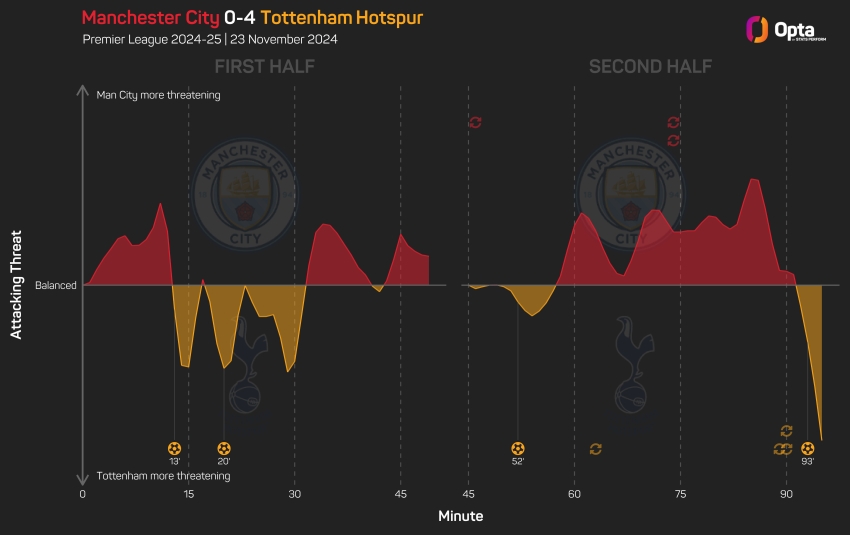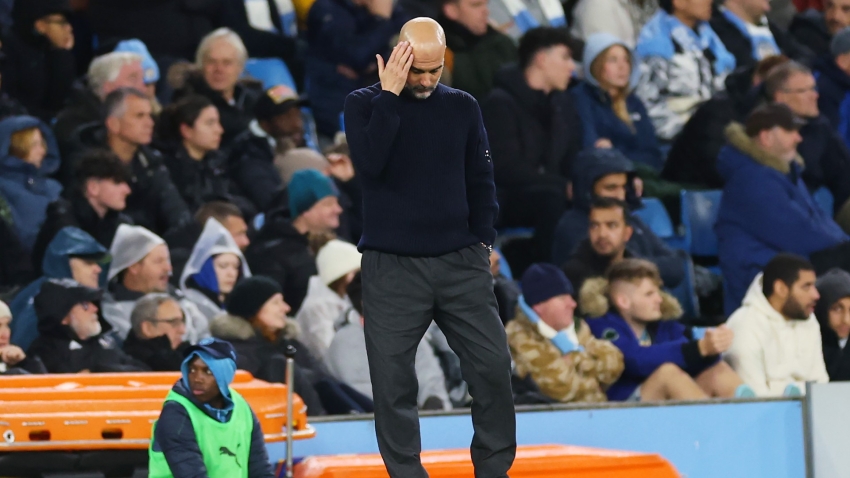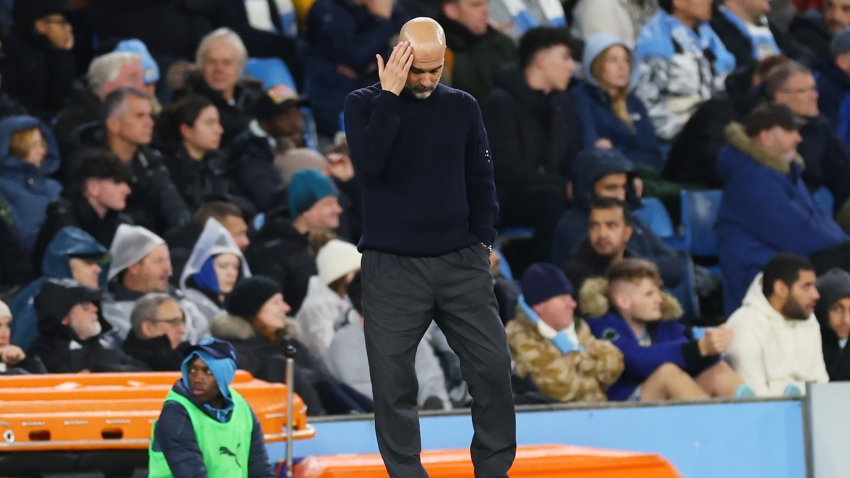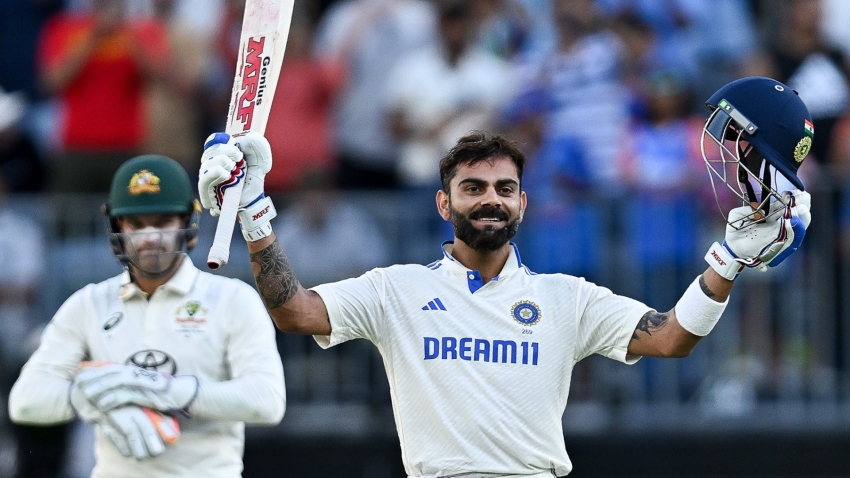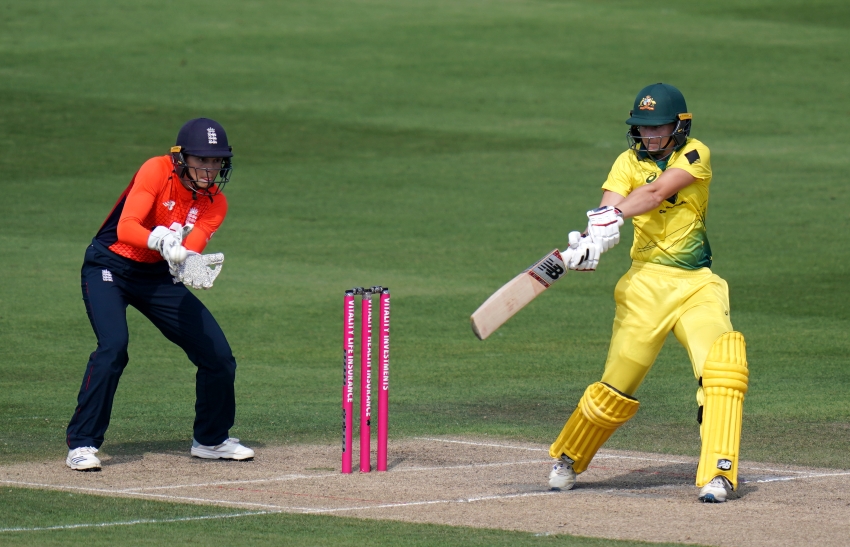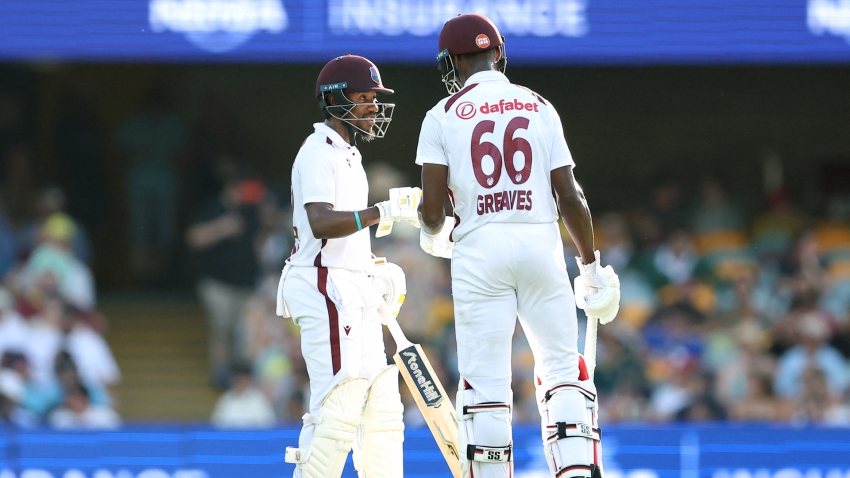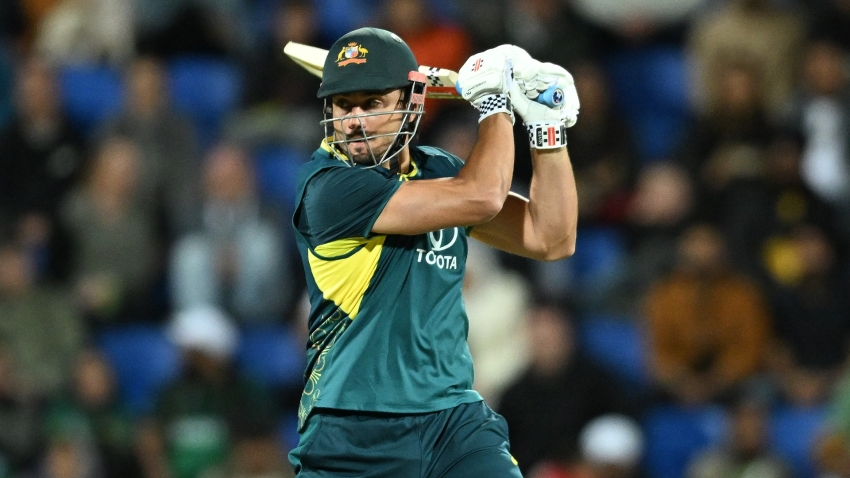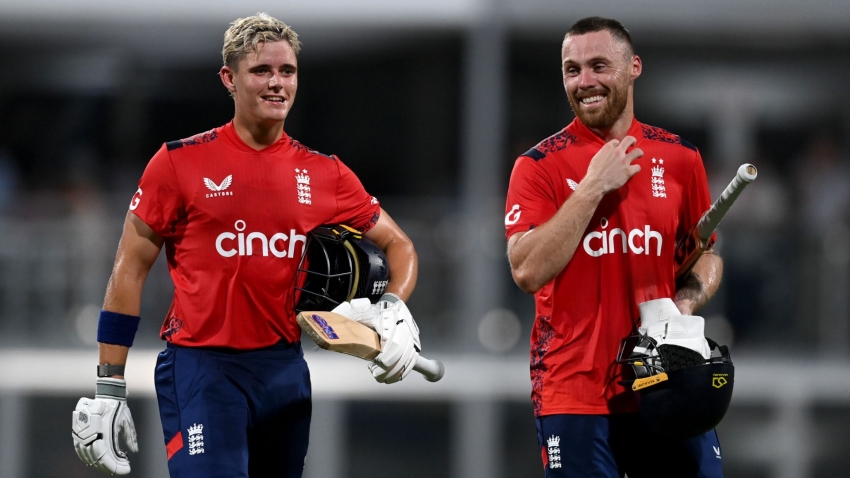Josh Inglis lauded "hard to stop" Marcus Stoinis as Australia signed off their T20I series against Pakistan in style, claiming a whitewash.
The hosts raced to a seven-wicket victory with almost nine overs remaining in Monday's third match.
After Australia's bowlers had limited Pakistan to just 117 runs, Stoinis ensured they signed off their final white-ball assignment in style, with his unbeaten 61 doing the damage.
Only twice has he bettered that knock in T20Is – versus New Zealand in 2021 (78) and against Oman at the World Cup earlier this year (67*).
"It's been a great week. We've had a lot of fun as a group," Inglis said. "It's been really nice.
"When Stoinis is going like that, he is really hard to stop. One of those sixes was probably the biggest I've ever seen!"
Stoinis, who was named player of the match, added: "Nice to score some runs on a beautiful wicket but credit to the bowlers who kept the total down.
"Yeah, I actually told [Haris] Rauf that this is the first time any of us got the better of him! No, he's a brilliant bowler, bowled well this series."
During their white-ball tour, Pakistan won the ODI series, their first time doing so in Australia in 22 years, but got whitewashed in the T20Is.
Despite the heavy loss, captain Agha Salman chose to focus on the positive effect the experience will have on their young players.
"I think in the middle overs, we didn't capitalise on the start," he said. "But lots of positives.
"The way Usman [Khan] batted, the way Jahandad [Khan] bowled. These youngsters will come good.
"It's obviously a big achievement winning the ODI series, but we could have done much better in the T20Is."









